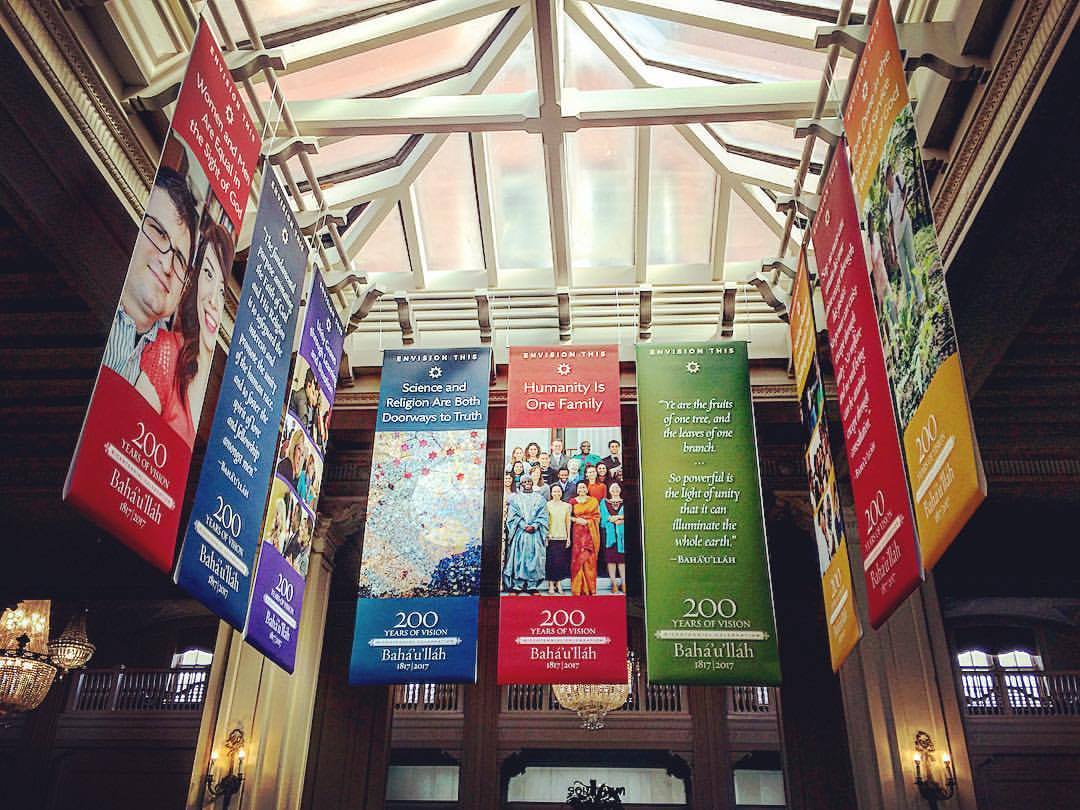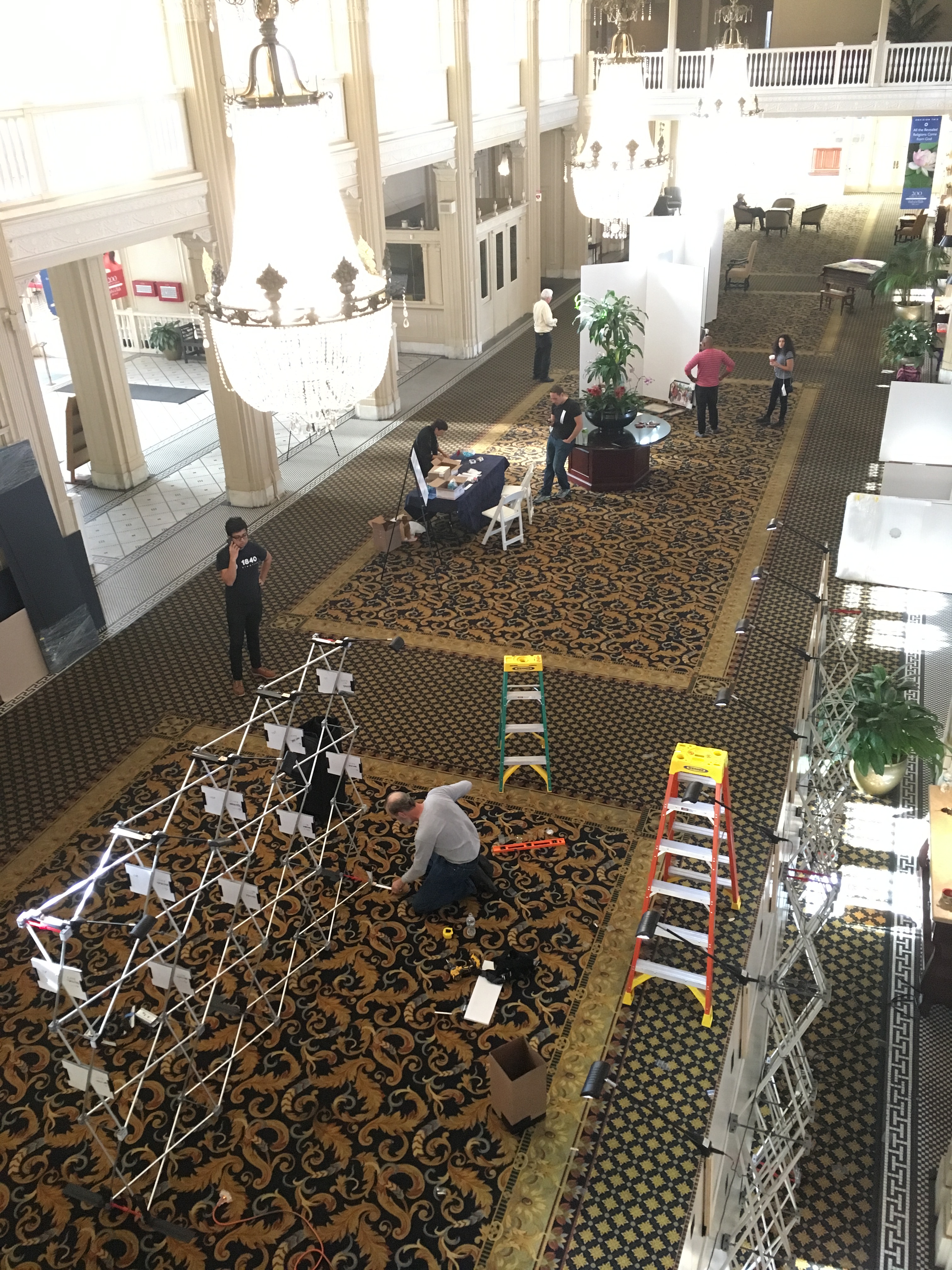“Why this great unrest — wars and the rumors of wars, changing of dynasties, earthquakes, cataclysms? The people cry “Peace, peace; when there is no peace!” Are not these the outer sign that man has lost the inner truth?” -Abdu’l-Baha
I found this article from the American Psychological Association about research regarding rumors and gossip. I found it interesting that the authors differentiated between rumors and gossip:
“Rumors have been described as public communications that are infused with private hypotheses about how the world works (Rosnow, 1991), or more specifically, ways of making sense to help us cope with our anxieties and uncertainties (Rosnow, 1988, 2001). On the other hand, as Wert and Salovey (2004b) noted, “almost as many functions of gossip have been argued as writers to write about gossip” (p. 77). More than rumor, gossip tends to have an “inner-circleness” about it, in that it is customarily passed between people who have a common history or shared interests.” -Foster & Rosnow
So the idea is basically that rumors have served some kind of social purpose as the human race has evolved, as a way to pass on information when the written word was not utilized, and for people to establish social hierarchies. The Baha’i Writings tell us the following about the negative effects of gossip:
“If any soul speak ill of an absent one, the only result will clearly be this: he will dampen the zeal of the friends and tend to make them indifferent. For backbiting is divisive, it is the leading cause among the friends of a disposition to withdraw. If any individual should speak ill of one who is absent, it is incumbent on his hearers, in a spiritual and friendly manner, to stop him, and say in effect: would this detraction serve any useful purpose?” -Abdu’l-Baha
I am interested in seeing the results of the next chapter, which discusses the effects of gossip on social networks and the links within them:
“We found that denser networks are less vulnerable to social fragmentation from gossip. However, this effect is moderated by “gatekeepers” who tend to position themselves along unique social bridges between other network members. Disintermediating, that is, increasing the density of social connections around gatekeepers, is expected to decrease negative effects of gossiping and to assist in improving norm coherence.” -Foster & Rosnow
Any thoughts?
2 thoughts on “Rumor and Gossip”
Comments are closed.




Thanks for passing this along. I definitely want to read it.
One thought correlates mammal social group size and size of the cortex. So, the more social connections we can monitor for trustworthiness, the bigger the brain. Under that thought, gossip is a tool for covertly determining trustworthiness from more than just first person experience.
Unfortunately, I think over time we have come to incorrectly use gossip to the point of making it useless. Instead of an independent check, instead it is used in spreading of disinformation which serve to benefit someone. Such malicious activity ought not be supported by anyone. So we need to keep in check the wiring which would lead us down that dark path.
We are single factor causation addicts. We want to know the one thing who caused an event to happen. “He stole the candy bar because his parents didn’t teach him morals,” when it might not even be true or would have been one of dozens of factor. Rumor ties into that nicely. Something not even really plausible becomes accepted as the cause. This is especially true when the rumor fits with the ideologies we hold so dear. “I was turned down for a dozen jobs because Baha’u’llah wanted me to get this particular one.” Maybe that was too cheap a shot at myself. It is the example I know best of that kind of thinking.
Thanks for your thoughts, Ez!